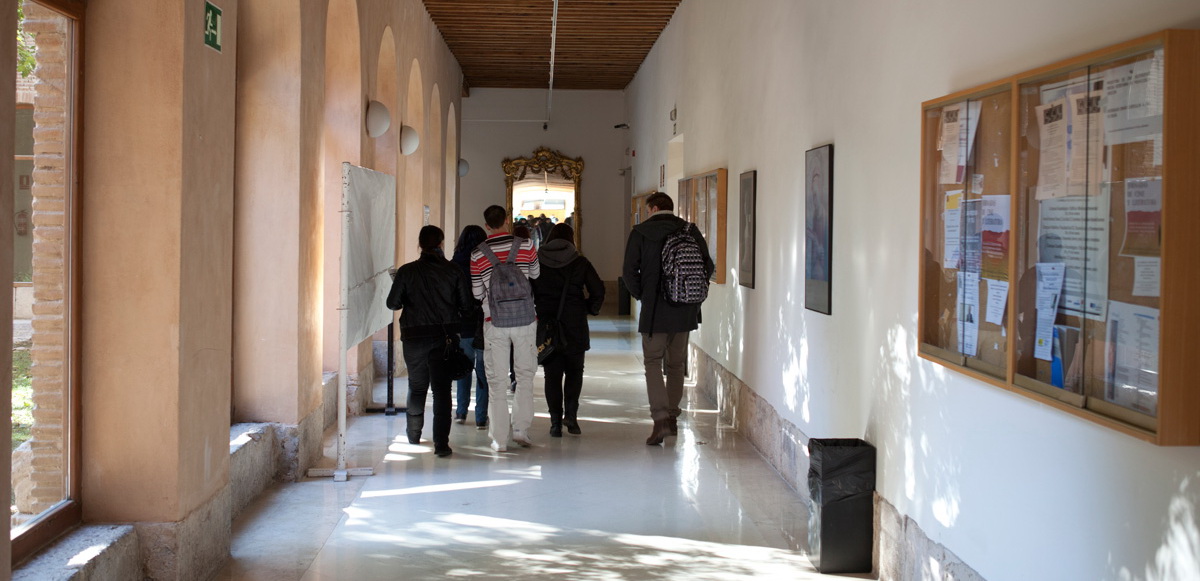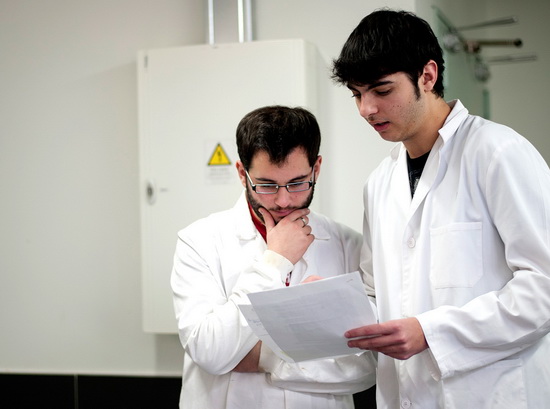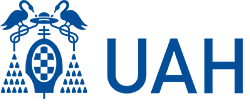Find out more about our Official Courses
The University of Alcalá offers courses leading to official university degrees valid all over Spain and where applicable, throughout the territory of the European Union.
In its official studies, the University of Alcalá promotes training that is balanced in theoretical and practical aspects, promoting freedom of opinion, based on a command of content to grasp the scientific, technical or artistic methods needed to achieve the social return on the public resources invested in the training process in productive activity of future graduates.
These studies include Undergraduate Degrees, Master's Degrees and Doctorates courses.






